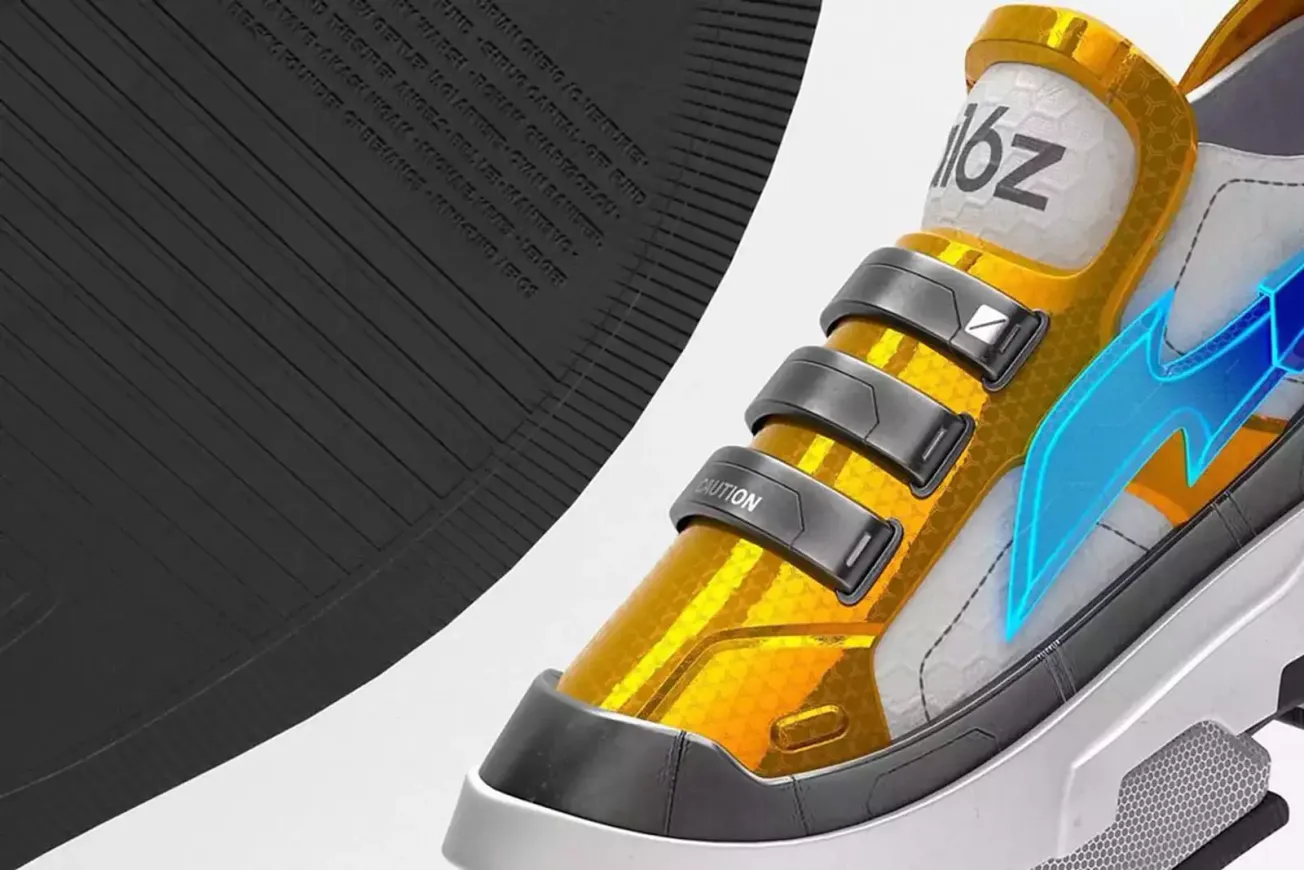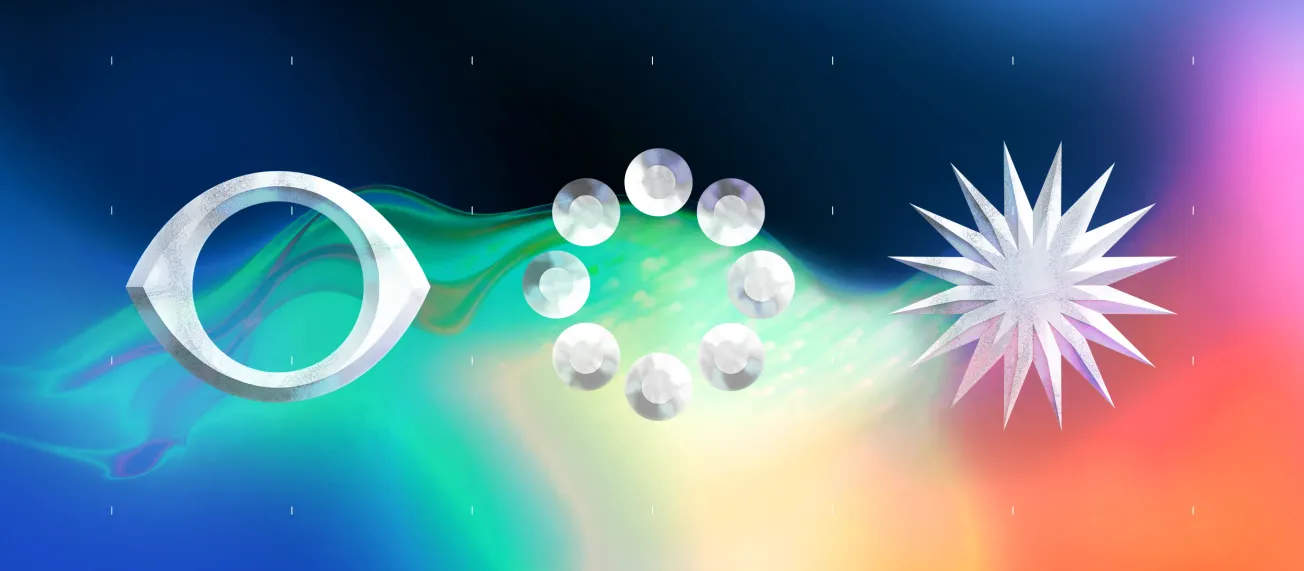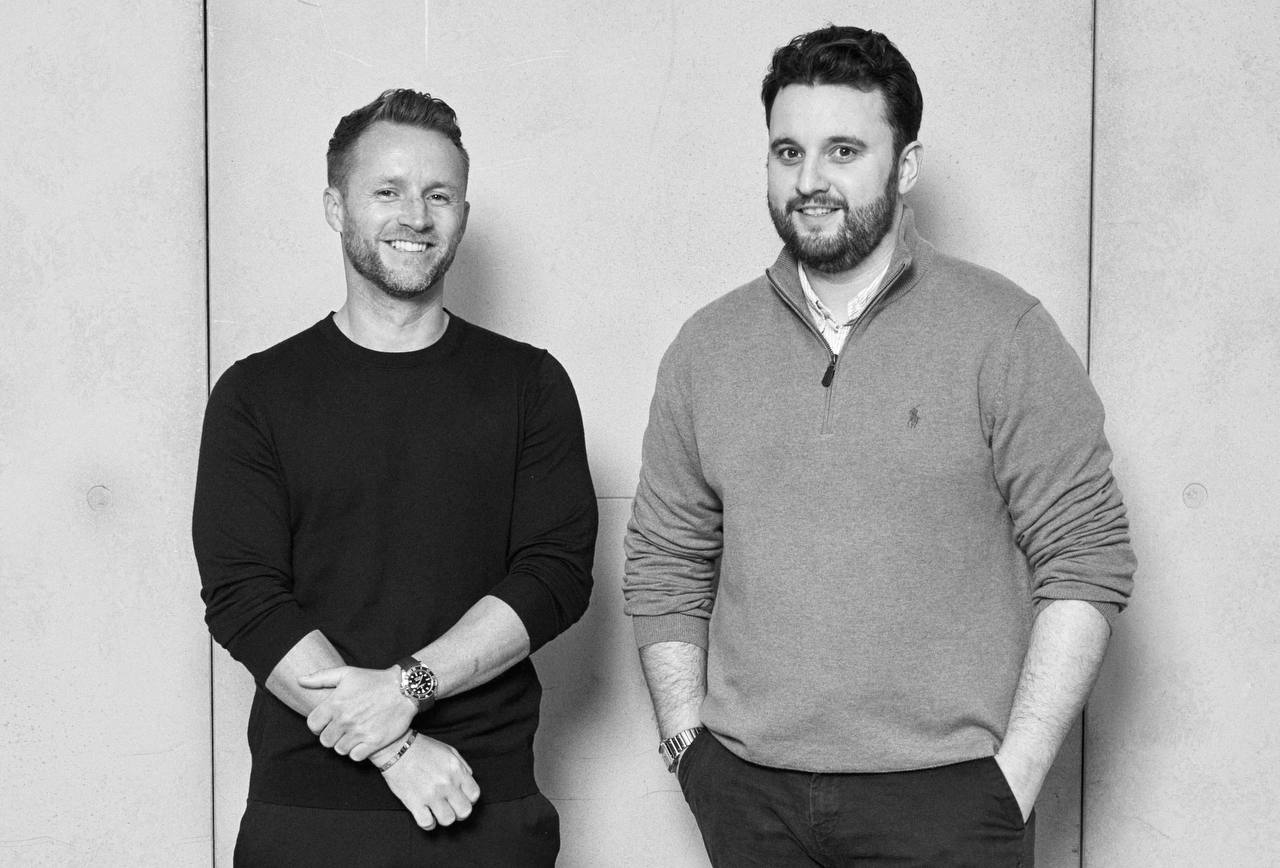Magic Leap, an American start-up dedicated to AR and MR wearables have announced a "co-opetition" with Microsoft. Their primary product is a set of wearable goggles that superimpose CGI over a physical environment.
Since their inception, they’ve raised over $2.6 billion dollars from some major names, and even had a secretive Seattle tech-suite led by none other than Neal Stephenson—the man who invented the word metaverse. Unfortunately, this closed down, and the company is now shifting its focus away from the consumer market to compete, and co-operate with Microsoft.
Leaping Away From the Consumer market
Magic Leap is no longer focused on the consumer market for augmented reality, and is instead targeting the enterprise market. The company's new AR headset is designed for work applications rather than gaming or entertainment, with three separate models ranging between $3300 and $5000 .
As Larson-Greene—CTO of Magic Leap—puts it, this device won’t suit consumers: “You probably won't want or need all of the features that it has in order to do any kind of gaming, especially that VR-type gaming," she said. Instead, the headset aims to be used by business employees to guide them through work procedures, or by professionals who want to do complex operations virtually before they do it in real life.
They could also be used while they're doing it in realtime. For example, a surgeon may be able to wear them to better visualize obstacles in a surgery and the positions of cameras and tools in a patient during an operation. This would be much more efficient and better integrated than a surgeon having the information conveyed to them through flat TV screens spread about an operating theater.
Though pivoting to a B2B model will ease competitive pressure Meta’s Meta Quest 2, it also means Magic Leap will face stark competition from Microsoft’s HoloLens, which is already being adopted by the aviation industry, the military, and NASA. In any case, with a 70-degree field of view and comfortable enough for eight hours of wearing, the new Magic Leap 2 is sure to present some good competition for the tech giants involved in the enterprise industry.
What Coop?
Larson-Greene, an ex-Microsoft employee, also hinted at a potential future collaboration with Microsoft as they’d like to integrate the Magic Leap 2 with Teams and explore other ways for their products and services to interact. Larson-Greene also expressed Microsoft’s willingness to communicate and endorse Magic Leap’s vision, something which only made her more positive that the competition will, in the long run, lead to growth in the MR industry.
The Verdict
While it might be good for Microsoft to have some more competition, Magic Leap’s pivot away from the consumer market and towards enterprise means Meta will now have a larger share of the consumer-facing MR and VR market. This could potentially spell out monopoly, though with Meta’s recent performance, the competition in consumer VR still seems healthy.










